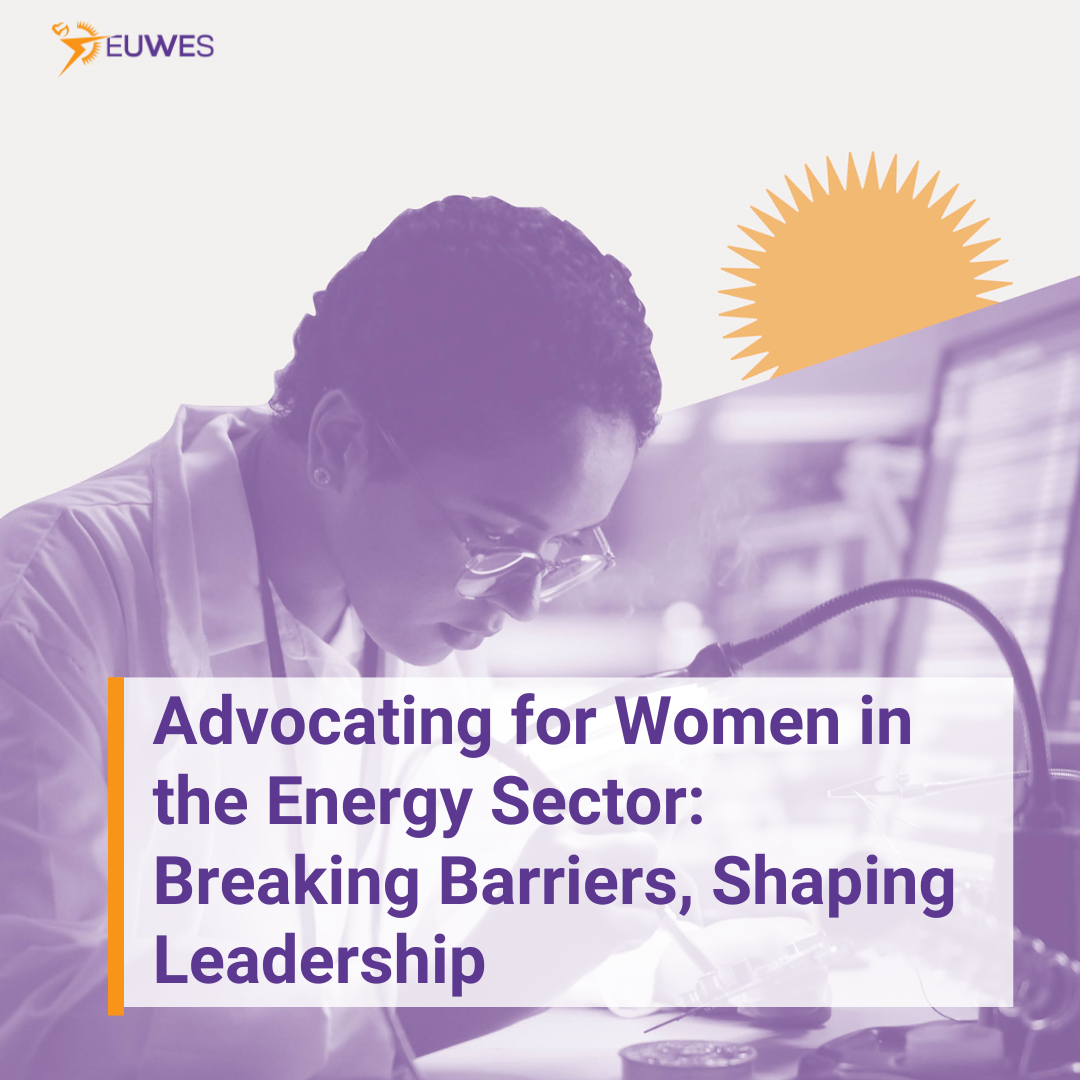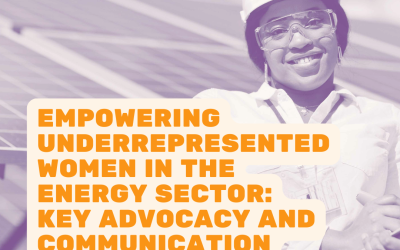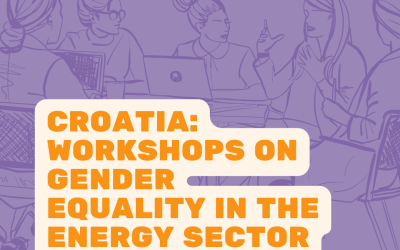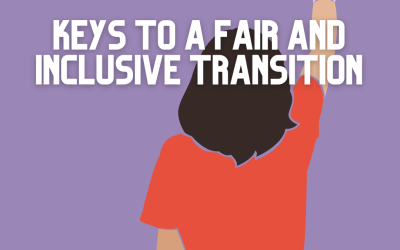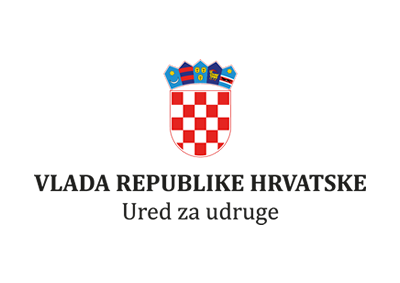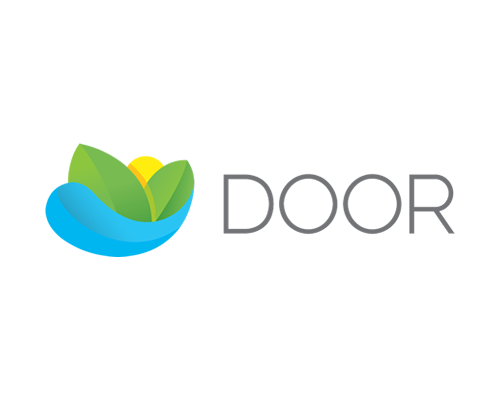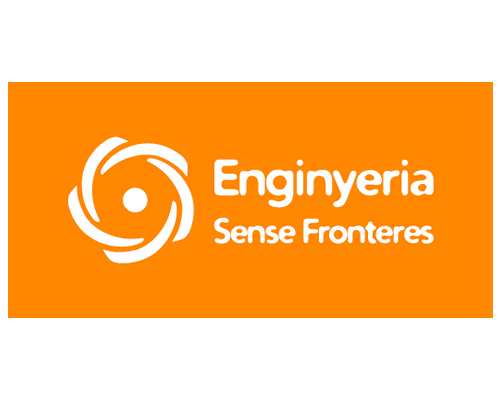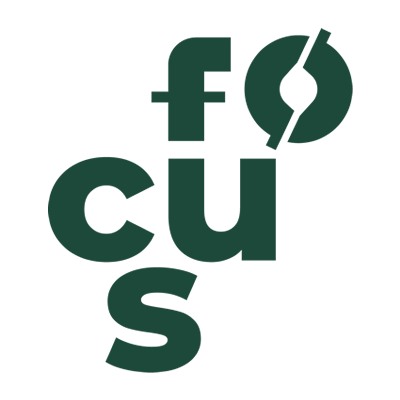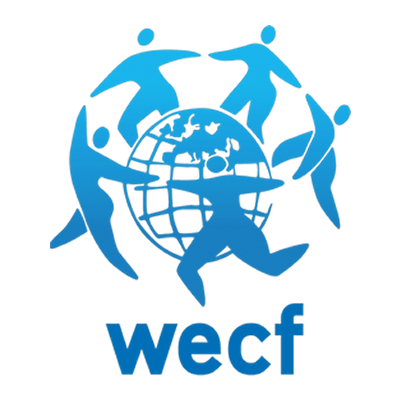Advocacy serves as a catalyst for enduring impact beyond the project’s duration. It extends beyond the immediate two-year timeframe, aiming to instigate systemic changes that propel more women into leadership positions within the energy sector, increase female enrolment in STEM studies, and drive the adoption of progressive gender-just policies. Successful advocacy requires careful planning, and partner organizations have developed national advocacy plans that outline planned activities, serving as roadmaps for implementing gender-inclusive policies and empowering women in the energy sector.
All advocacy plans incorporate key project activities, such as drafting policy briefs containing crucial policy recommendations for each country, organizing roundtable discussions on gender equality in the energy sector, and engaging in bilateral meetings with decision-makers. However, these plans are tailored to the cultural and social context of each selected country.
For instance, WECF aims to advocate for the German government to serve as a role model for gender-responsive energy and climate policies, using tools like communication, financing gender training and gender-budgeting strategies in all energy and climate funds. ESF in Spain intends to involve ecofeminist groups in an interdisciplinary support group for energy sector employees. DOOR, the Croatian partner, plans to advocate for the establishment of a mentorship program connecting women with established careers in the energy sector with female students from STEM faculties. Meanwhile, Slovenian partner Focus plans to seize existing opportunities, aligning advocacy activities with ongoing policy processes such as public consultations on the new energy law and participating in drafting measures for Social Climate funds. They also aim to leverage the European elections as a strategic opportunity to advocate for more gender-just energy policies.
The EUWES project recognizes the significance of influencing policies at the European Union level. To achieve this, joint EU-level policy recommendations will be formulated, fostering collaboration between project partners and EU decision-makers. The project will organize two international policy dialogues and two international panel discussions, providing a platform for meaningful conversations and exchanges of ideas on gender equality in the energy sector.
National advocacy plan – Germany
National advocacy plan – Slovenia
